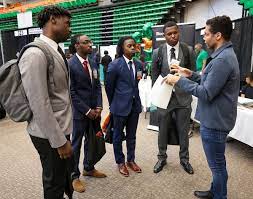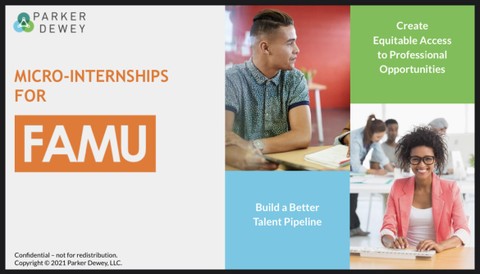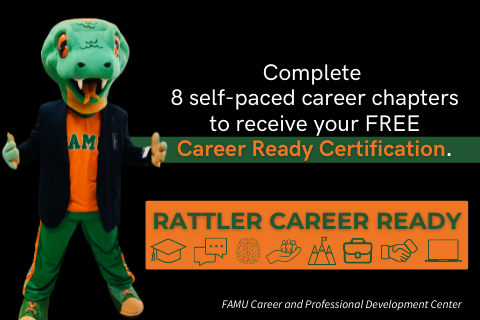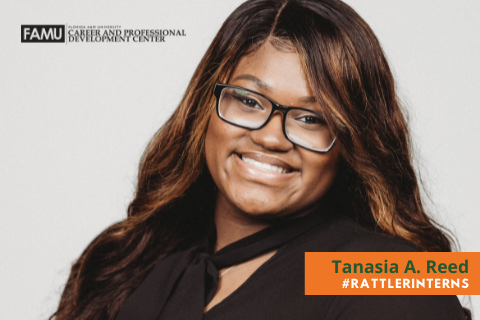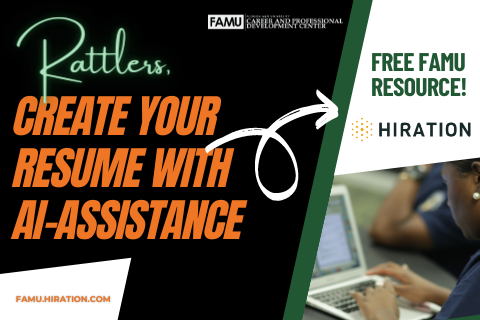-
The internship is a courtship between you and the organization. You are trying to determine if this is the best fit for you and, likewise, for the organization. Arrive early, complete projects on time, ask good questions and seek additional work once you complete your projects.
-
Focus on completing your projects by asking questions before and throughout the project. Seek assistance from peers or others on the work team to ensure you are completing the projects effectively. As an intern, you are learning, so there will be some mistakes.
-
Understand how your project contributes to the bigger picture. Also, understand the deadline for projects from the department and how your project impacts the company’s success. If you complete your project helps others to impact the company’s processes.
-
It is always good to identify someone in the organization who can help you understand the company culture and help you develop business etiquette.
-
At the onset of your internship, communicate with your supervisor the days you plan to take off during the summer for vacation. Schedule regular weekly meetings to discuss projects, expectations, get feedback on your performance, and ask questions.
-
It is always fun to get to know others your age at the organization. Keep the relationships positive and professional. Try to avoid dating at the workplace and partying too much after work. Watch your language and remember these are colleagues.
-
If you are working as an intern between your junior and senior years, please make sure you step up your performance and ask about securing a full-time offer before you return to school.
-
Understand the culture. Learn what acceptable attire is. Always have that fresh, cleaned suit to wear if needed. Understand the difference between business casual attire and professional attire
-
Be sure to update your resume with your experience. Speak to your friends about the skills you gained. Add this language to your elevator pitch.
-
Readily accept new assignments and help other complete their tasks as well. Communicate with diverse individuals on the team and accept others’ points of view.
Florida A&M University (FAMU) is committed to engaging students in professional and safe working/learning environments. We encourage students to become familiar with any misconduct, confidentiality, and sexual harassment policies associated with the Host Site and to follow them. Students are urged to report any misconduct or sexual harassment incident against them (including physical, safety, and personnel) as soon as possible to the CPDC Director or Internship Coordinator to permit both the University and the Host Site the opportunity to promptly intervene.
According to the National Association of Colleges and Employers (NACE), an internship is a form of experiential learning that integrates knowledge and theory learned in the classroom with practical application and skills development in a professional setting. Internships give students the opportunity to gain valuable applied experience and make connections in professional fields they are considering for career paths and give employers the opportunity to guide and evaluate talent.
An externship is a short, unpaid, and informal internship where students spend anywhere from a single day to a few weeks getting exposure to what it’s like to work at a company. The word externship is a hybrid of “experience” and “internship.”
“Co-op” usually refers to a multi-work term agreement with one employer, traditionally with at least three work terms alternated with school terms, resulting in a five-year degree program for what would otherwise take four years. Co-ops are traditionally full-time, paid positions.
A practicum is an undergraduate or graduate-level course, often in a specialized field of study designed to give students supervised practical application of a previously or concurrently studied field or theory. Practicums are common for education, health-related and social services majors.
It’s a type of on-the-job training where an employee learns from more experienced colleagues by following them and observing them. It lets one person learn from another and can be a very effective form of training.
Clinicals are a series of supervised interactions with patients in local healthcare facilities.
An experience with a principal investigator or faculty member conducting research on campus.
They are built-in experiences for education majors. Students teach in the classrooms for one semester.
Allied health majors are typically required to observe and shadow a professional in the field for a certain number of hours, helping to gain admission into graduate or professional school.
Pharmacy students are required to complete these experiences in a pharmacy setting.
They are for individuals in graduate or professional school and are work experiences following each.
Performance-based learning is an approach to teaching and learning that emphasizes students being able to do, or perform, specific skills due to instruction. In this framework, students demonstrate the ability to apply or use knowledge rather than simply knowing the information.














